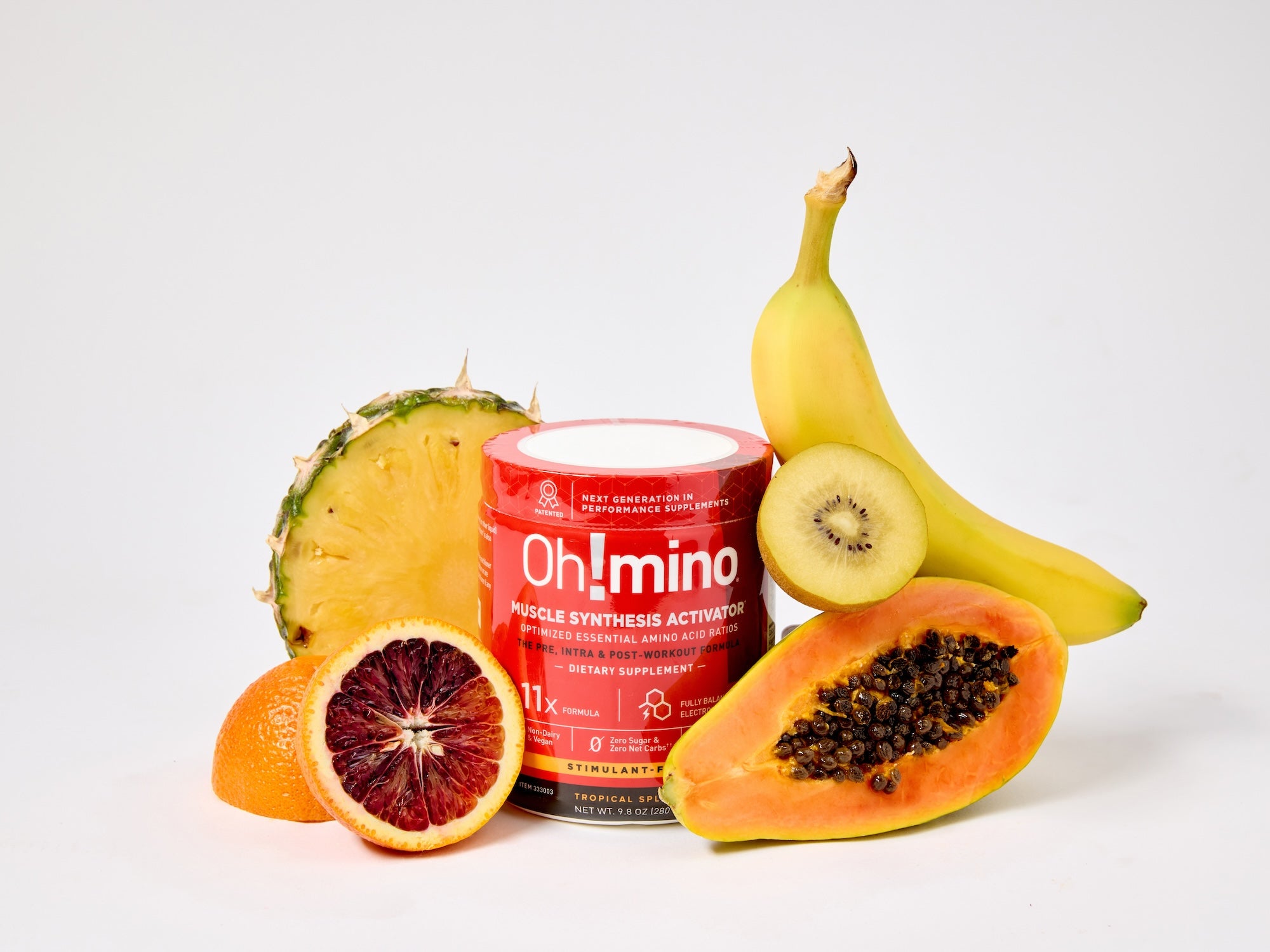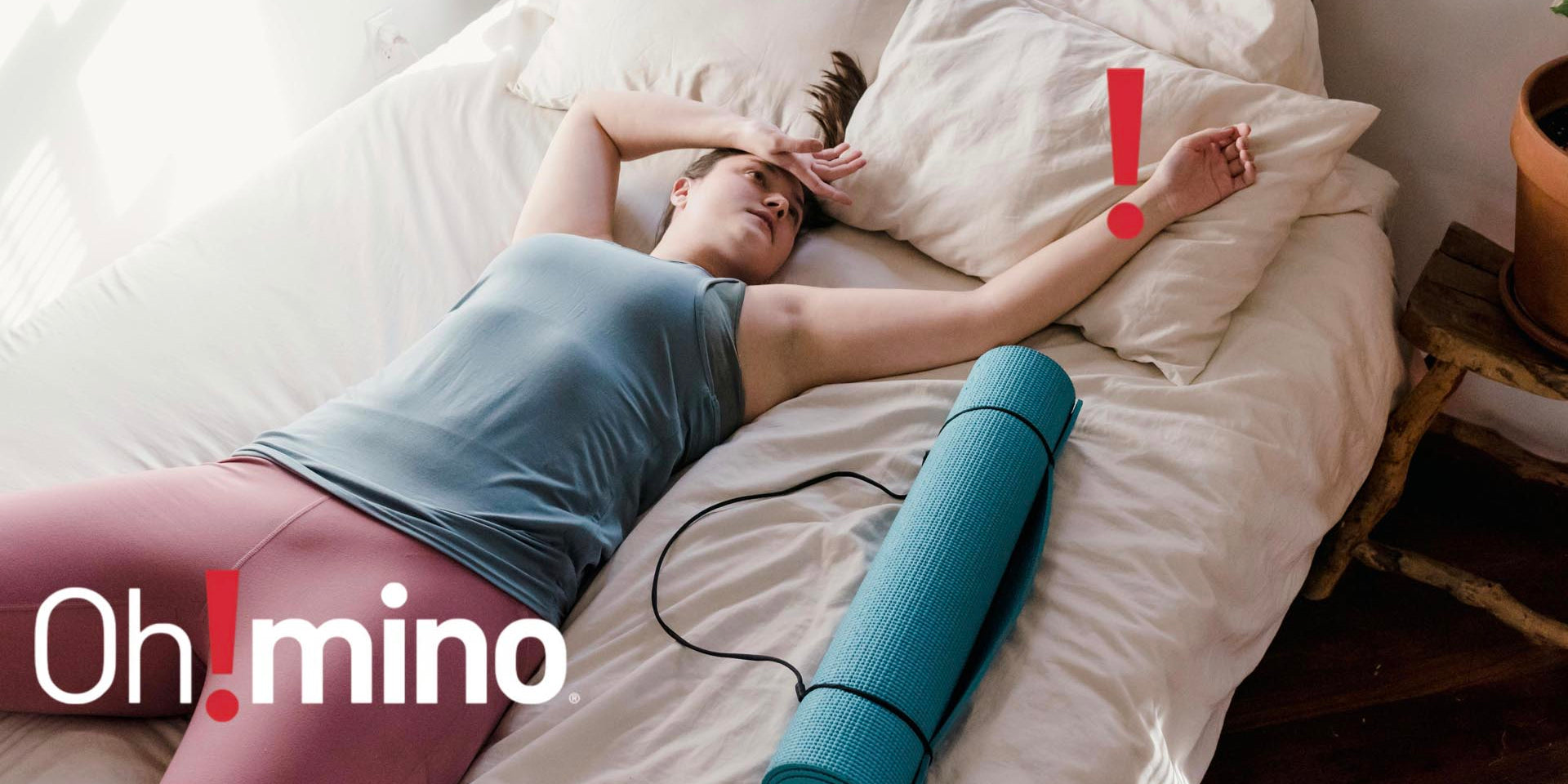Stress has become an inevitable part of modern life, affecting our mental and physical well-being.
While many of us turn to common stress-relief methods like meditation, deep breathing, or hobbies, there’s an incredibly effective and often overlooked strategy: physical activity.
This blog post explores the profound impact of exercise on stress management, offering a unique perspective that could transform your approach to handling stress.
The Biological Basis of Stress Relief Through Exercise
Beyond the Endorphin Rush
Most people are aware that exercise releases endorphins, the body's natural mood lifters. However, the stress-relieving benefits of physical activity go far beyond this "runner's high."
Exercise affects the body on a cellular level, reducing inflammation and promoting hormonal balance, which are critical factors in managing stress.
Cortisol Regulation
Cortisol, the stress hormone, can wreak havoc on your body when levels remain elevated for extended periods.
Physical activity helps regulate cortisol production, reducing its negative impact and helping the body return to a balanced state.
This regulation can lead to improved sleep, better mood, and a stronger immune system.
Exercise and Mental Resilience
Building Mental Fortitude
Regular physical activity doesn’t just build physical strength; it also enhances mental resilience.
Exercise teaches discipline, persistence, and the ability to overcome challenges—qualities that are transferable to managing stress in everyday life.
The sense of achievement from reaching fitness goals can also boost self-esteem and confidence, making it easier to handle stress.
Unique Perspectives on Physical Activity for Stress Management
Nature’s Role in Stress Reduction
While any form of exercise can help manage stress, incorporating outdoor activities adds another layer of benefits.
Exercising in nature, whether it’s hiking, cycling, or running in a park, has been shown to reduce stress hormones more effectively than indoor workouts.
The combination of fresh air, natural light, and the calming effects of nature amplifies the stress-relieving properties of physical activity.
Mind-Body Exercises
Mind-body exercises like yoga, tai chi, and Pilates blend physical movement with mindfulness, offering a dual approach to stress management.
These exercises not only improve flexibility and strength but also promote relaxation and mental clarity.
The focus on breathing and controlled movements helps calm the mind and reduce anxiety.
Community and Connection
One unique and often overlooked aspect of physical activity is its potential to foster social connections.
Group exercises, sports teams, and fitness classes create a sense of community and belonging.
These social interactions provide emotional support, reduce feelings of isolation, and enhance overall well-being.
Engaging in physical activities with friends or family can turn exercise into a fun, shared experience that significantly reduces stress.
Practical Tips for Integrating Stress-Relieving Exercise into Your Routine
- Start Small: Begin with manageable activities like walking or light jogging and gradually increase intensity.
- Combine Exercise Types: Mix cardio, strength training, and mind-body exercises for a well-rounded approach to stress management.
- Prioritize Consistency: Regular exercise, even in small amounts, is more effective for stress relief than sporadic, intense workouts.
- Set Realistic Goals: Establish achievable fitness goals to maintain motivation and track progress.
- Make It Social: Join fitness classes, sports leagues, or exercise with friends to add a social dimension to your workouts.
Physical activity is a powerful, multi-faceted tool for managing stress.
Beyond the well-known endorphin boost, exercise helps regulate cortisol levels, builds mental resilience, and can even enhance social connections.
By incorporating a variety of exercises and prioritizing consistency, you can transform your approach to stress management, leading to improved mental and physical health.
Embrace physical activity as your secret weapon against stress and discover a healthier, more balanced life.





